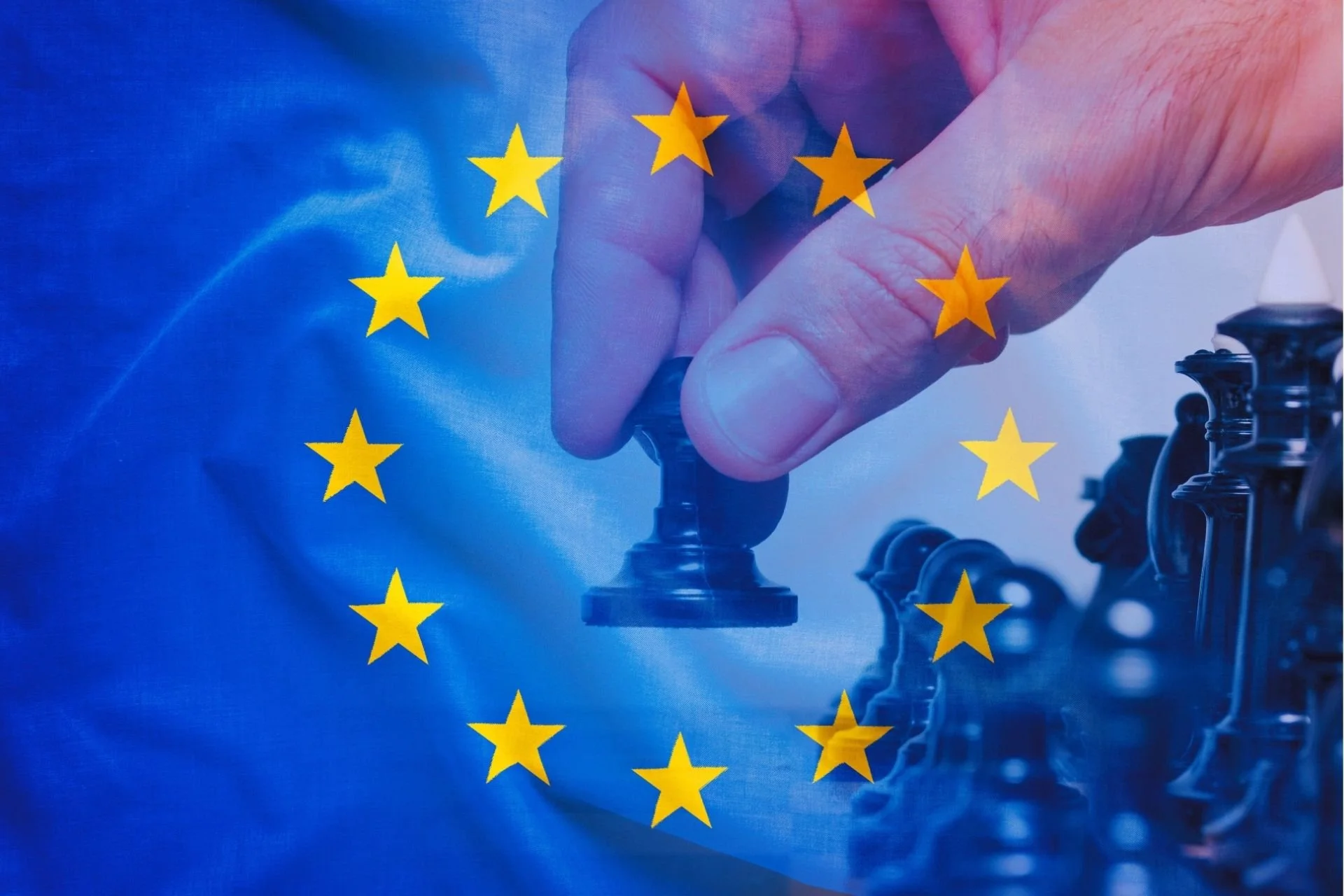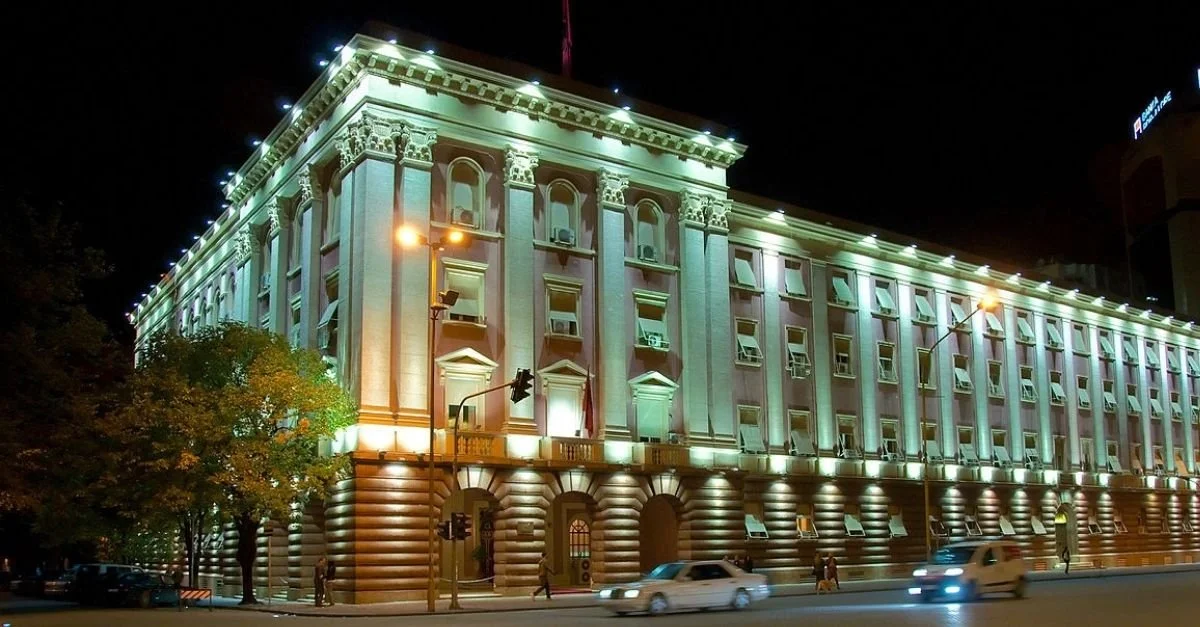EUalive Opinion: The EU’s New Media Law Could Succeed in the Balkans - If Brussels Has the Courage to Enforce It
The Balkans’ media ecosystems are crippled by political capture, opaque ownership, disinformation networks, and the weaponisation of state advertising.
Opinion at EUalive, by Antoinette Nikolova, Director of Balkan Free Media Initiative
When the EU set out to create the world’s first media law, the European Media Freedom Act (EMFA), the paradox was glaring: the countries celebrated as “champions” of press freedom were among its loudest critics. They saw no reason for Brussels to burden them with more regulation in a sector they believed already worked.
Meanwhile, the loudest supporters came from the other end of the spectrum, states that have long languished at the bottom of Reporters Without Borders’ Press Freedom Index. Northern European governments eventually accepted the legislation, but only after ensuring the European Commission would keep its hands off the newly established European Board for Media Services. In contrast, countries like Bulgaria pushed for the opposite: direct Commission oversight. They have learned, the hard way, how easily domestic governments bend EU rules to serve their own interests, and how often media regulators are stacked with political loyalists.
Bulgaria’s regulator, for example (like Serbia’s, which is still negotiating EU membership), is a textbook case of political capture. These “democratic” appointments make a mockery of the European Commission’s own annual Rule of Law reports. In such an environment, EMFA’s real potential will not lie in its clauses on paper, but in Brussels’ willingness to turn them into action.
The Balkans’ media ecosystems are crippled by political capture, opaque ownership, disinformation networks, and the weaponisation of state advertising. EMFA introduces long-needed tools: ownership transparency, editorial independence for public broadcasters, and restrictions on political interference in media governance. But without sustained and credible enforcement from Brussels, these provisions risk becoming just another set of noble intentions.
Take ownership of transparency. It is vital, but meaningless without teeth. Our research at BFMI shows how control is hidden behind offshore companies, proxy shareholders, and tangled business networks. Even where transparency laws exist, as in Bulgaria, implementation is weak and sanctions are rare. In Greece, a handful of oligarch-linked families dominate the airwaves, and disclosure remains minimal. Without independent regulators willing to investigate and penalise abuses, EMFA’s transparency rules will be little more than window dressing.
Public service media are another flashpoint. Governments have perfected the art of nominal compliance while maintaining control. They delay board appointments, manipulate funding, and run “competitive” recruitment processes designed to favour allies. In Bulgaria, the case of BNT and its politically divisive director illustrates how reforms can be neutered through loopholes and inertia.
EMFA’s safeguard for editorial independence faces an even steeper climb in the private media sector. In many countries, particularly across the former Soviet bloc, owners not only block the creation of journalists’ unions but also deny reporters any real protection against retaliation if they resist editorial interference. No legislation, however well designed, can solve this alone. Lasting change depends on civic and professional courage, rather than passively expecting Brussels to fix national problems from a distance.
State advertising, perhaps the most insidious tool of political influence, is also addressed in EMFA. In Bulgaria, Croatia, and Hungary, these funds act as lifelines for outlets parroting government narratives. Transparency here is important, but transparency without consequences simply invites governments to reroute money through intermediaries or local authorities. And the problem does not stop at state coffers. Our Defunding Disinformation in the Balkans report revealed that major global brands (Lidl, Delhaize, Procter & Gamble, Coca-Cola, Bosch, Amazon), and ad intermediaries like Google and Criteo have unknowingly bankrolled outlets broadcasting pro-Kremlin propaganda. Following our investigation, Lidl withdrew ads from Serbian disinformation channels such as TV Happy and TV Pink. EMFA could shine a light on both state and corporate ad flows, but light alone is not enough, there must be accountability.
The spyware ban included in EMFA is another welcome step, but it will fail without investigative capacity and political will. The Pegasus and Predator scandals in Greece have shown how surveillance thrives when oversight is absent, even within the EU. Naming and shaming is not enough; deterrence requires swift investigation and real penalties.
The new European Board for Media Services could become a driver of reform if it actively engages with independent journalists, civic organisations, and other non-state actors who know the ground realities. But in countries where regulators are politically appointed and judicial systems are slow, guidance from the Board must be backed by leverage, ideally by tying EMFA compliance to broader EU rule-of-law and funding mechanisms.
Media concentration, too, remains a structural threat. In the Balkans, a handful of vertically integrated actors control content, distribution, and advertising. EMFA offers tools to challenge this dominance, but its success again depends on regulators’ independence and courage, qualities in short supply in politically compromised systems.
For EU candidate countries like Serbia and North Macedonia, EMFA could be a powerful reform lever if compliance is baked into accession criteria. Linking progress on media independence directly to negotiation chapters would give reformers a fighting chance against entrenched political resistance.
The greatest risk, however, is that EMFA becomes a box-ticking exercise, a facade of compliance behind which power structures remain untouched. Without sustained Brussels oversight and the active involvement of civil society and independent watchdogs, the EMFA risks joining the long list of EU laws that look good on paper but fail in practice.
The EMFA is not perfect. But in the Balkans, where democratic backsliding and media capture have become almost routine, it is a start worth fighting for. The question is whether Brussels will have the courage to enforce it, not just in the letter of the law, but in the spirit of a Europe that truly protects press freedom.
Our readers read next:







